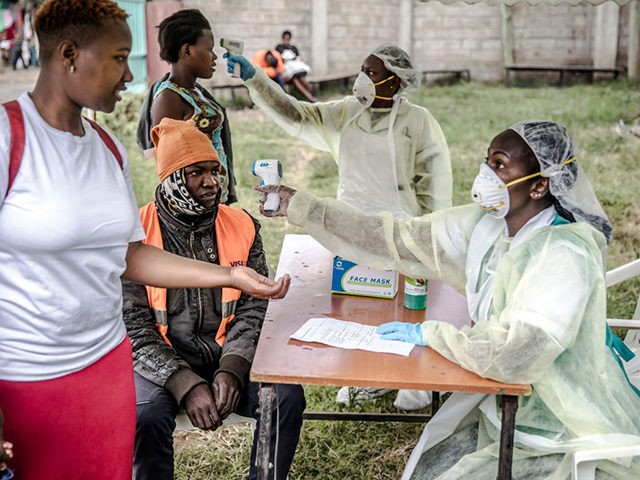A man in Kenya suspected of suffering from the Chinese coronavirus was beaten to death by a group of youths on Thursday as he made his way home.
The 35-year-old man, identified as George Kotini Hezron, was walking home from a bar he had visited in Msambweni, a fishing village popular among tourists for its beautiful sandy beaches, when the group of youths set upon him after suspecting he had the virus.
After verbally assaulting Hezron, accusing him of carrying the virus, the vigilante mob beat him and threw stones before fleeing the scene. Hezron was later rushed to Msambweni Subcounty Hospital where he succumbed to his injuries.
Local police Commander Joseph Nthenge announced his death, adding that there was no concrete evidence the victim was infected.
“Someone reported that the attackers saw the man staggering. They approached him, started an argument and beat him up,” he said. “Our officers took the man to Msambweni hospital where he was pronounced dead on arrival. He suffered serious injuries on his head and chest which we believe caused his death,” said the county police chief.
Nthenge added that no arrests had been made and investigations were still ongoing, while also warning people against making unfounded accusations.
”How can you punish one for being a coronavirus patient? This is brutality and criminal. No one will be spared,” he warned.
The incident took place after Kenyan Health Secretary Mutahi Kagwe confirmed three more coronavirus cases nationwide, bringing the total number of infected to seven. Among those infected include a Burundian national who arrived in Kenya from Dubai, as well as a couple from Spain who visited the African country on their holidays.
The Guardian reports that the country as a whole is preparing for the possibility of mass infections, which health experts believe could be exacerbated by limited access to sanitation and healthcare services in rural areas, with 95 percent of Kenya’s houses lacking access to clean running water.
“We’ve been fortunate so far, but we cannot be relaxed about it,” said Dr Suvajee Good, health promotion program manager for the World Health Organization’s (WHO) Africa region. He added that with 645 million people living in Africa’s rural areas, the risk of “community infections could happen at any time.”
Follow Ben Kew on Facebook, Twitter at @ben_kew, or email him at bkew@breitbart.com.

COMMENTS
Please let us know if you're having issues with commenting.